|
Scotland has enjoyed enlightened access rights for seventeen years. The Land Reform Act of 2003, and the Outdoor Access Code that goes with it, gave us all the right to responsible access of any land other than gardens and industrial land. No other country in the world has such a good system that works both for landowners and for people seeking access. We can go walking, climbing, cycling, horse riding and camping on the land, kayaking, canyoning and swimming in the rivers. We can do just about anything that is not powered by an engine and that is responsible. It's this key phrase, responsible, that is what makes this legislation different to any other access legislation, and what makes it work so well. Our access legislation does not mean we have the right to go anywhere, in any way we like, to do what we like. Instead, it means we need to consider what is responsible, what will be the impact on other people including the land owner, other users and the population as a whole. We need to be considerate of other people, not selfish, when we exercise our right of access. Climbing has been described as fundamentally selfish, it is of no benefit to anyone but the climber. Climbers often express the anarchistic side of their nature through their climbing, the rebelious urge to break rules, in fact the desire to play in an environment that does not have rules. Considering other people and being responsible are rarely our first considerations but the risks of accident and injury do impact our friends and family, and the nation as a whole when we rely on rescue services and the NHS. How can we justify going climbing if it is fundamentally selfish and, potentially, costly to the nation? Each time there is an accident in the mountains that reaches the media, people describe the climbers as "selfish", "suicidal", "unjustified" and calls are made for them to pay for their rescue and medical treatment, for climbing to be banned, for our access rights to be taken away from us. Very prominent people in government say these things on radio discussion programmes. After all, if a small change in our access rights that affects a small number of people in our population might save a few lives and the cost to the tax payer, it would be worth it, right? Well, no. It would be a disaster. The benefits of climbing might not be quite as tangible or immediate as the very occasional accidents, but they are very powerful and benefit all of society. I've mentioned the benefits of climbing in several previous posts. They include physical health, mental health, spritual well-being, a proper and personal sense of risk assessment, a time of separation from our daily anxieties, immersion in nature and a sense of well-being that comes from connectedness with nature, respect for other people and a clear demonstration that, in the most basic of things, we are all equal. We go climbing to remind ourselves what matters in this world. When enough of us benefit from these things, society as a whole benefits, and our selfish acts of climbing become beneficial to to the rest of society. "Normal" life that includes everything that is designed to make life easier for us, simpler, more comfortable and more pleasurable, leads to a more self-centred way of living. Climbing does the opposite. Climbing grounds us, reminds us of what matters in this world, makes us less self-centred. A lot of us are thinking about what matters in life right now as we deal with the COVID-19 emergency. A lot of us would really like to go climbing right now to help us deal with the very stressful situation we all find ourselves in. However, this is not the time to be anarchistic or to make decisions based on our personal risk assessments. Instead, right now is the time to demonstrate how responsible we can be when there is a requirement to do so. We have the right to responsible access, and to be responsible right now means we can not travel to do our daily excercise (not even five minutes in the car to a nearby walking area), we must stay at home, work at home if at all possible and stay apart from other people.
This is a temporary situation and right now it is more important than ever to maintain good relationships between neighbours and within communities. This is not about restricting the general right of responsible non-motorised access to land but it is part of the wider approach to prevent COVID-19 deaths and preserving the nation’s food supplies. Most of us are doing the responsible thing, and all of us are looking forward to things going back to normal so we can go climbing again. However, I'm sure, like me, you are all questioning why we can't go climbing right now. Hopefully, this will help. Here's the Ministerial Statement on Access Rights that very clearly explains what is expected of us and why.
0 Comments
Your comment will be posted after it is approved.
Leave a Reply. |
AuthorMike Pescod Self reliance is a fundamental principle of mountaineering. By participating we accept this and take responsibility for the decisions we make. These blog posts and conditions reports are intended to help you make good decisions. They do not remove the need for you to make your own judgements when out in the hills.
Archives
March 2024
|
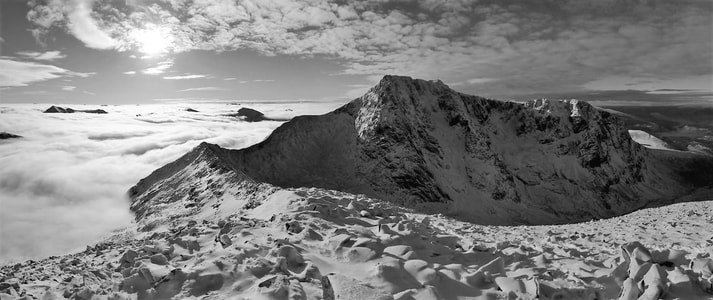
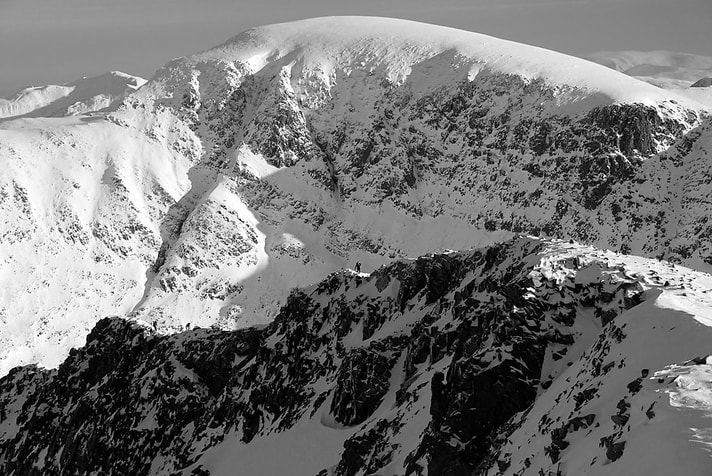
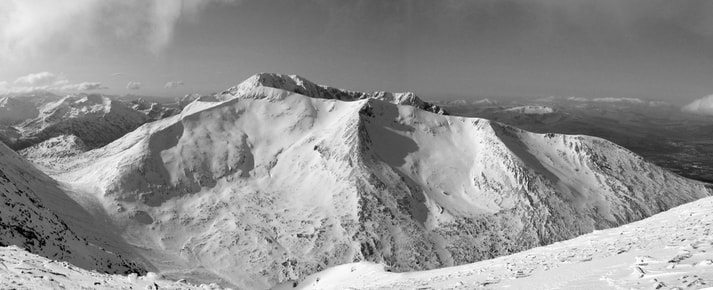
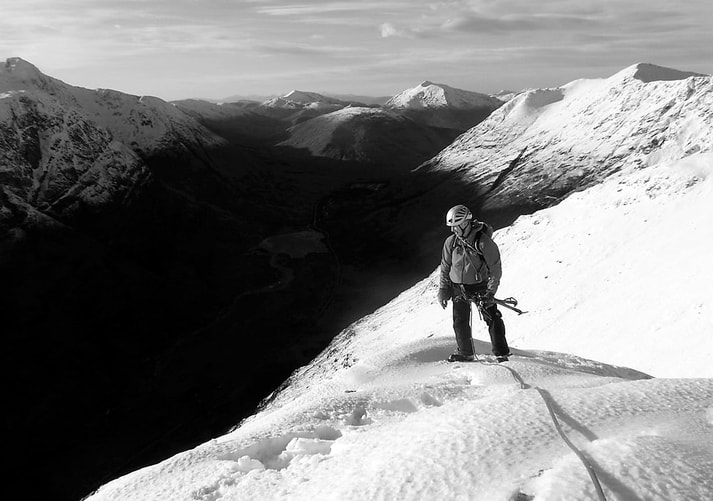
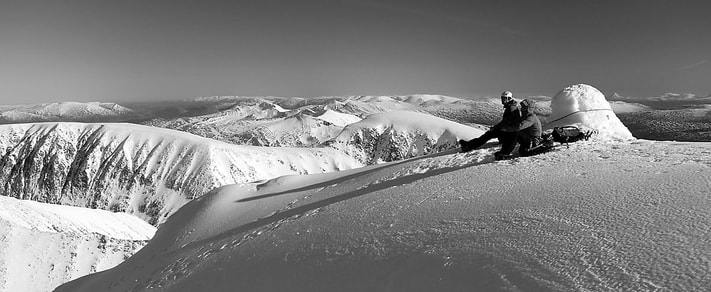
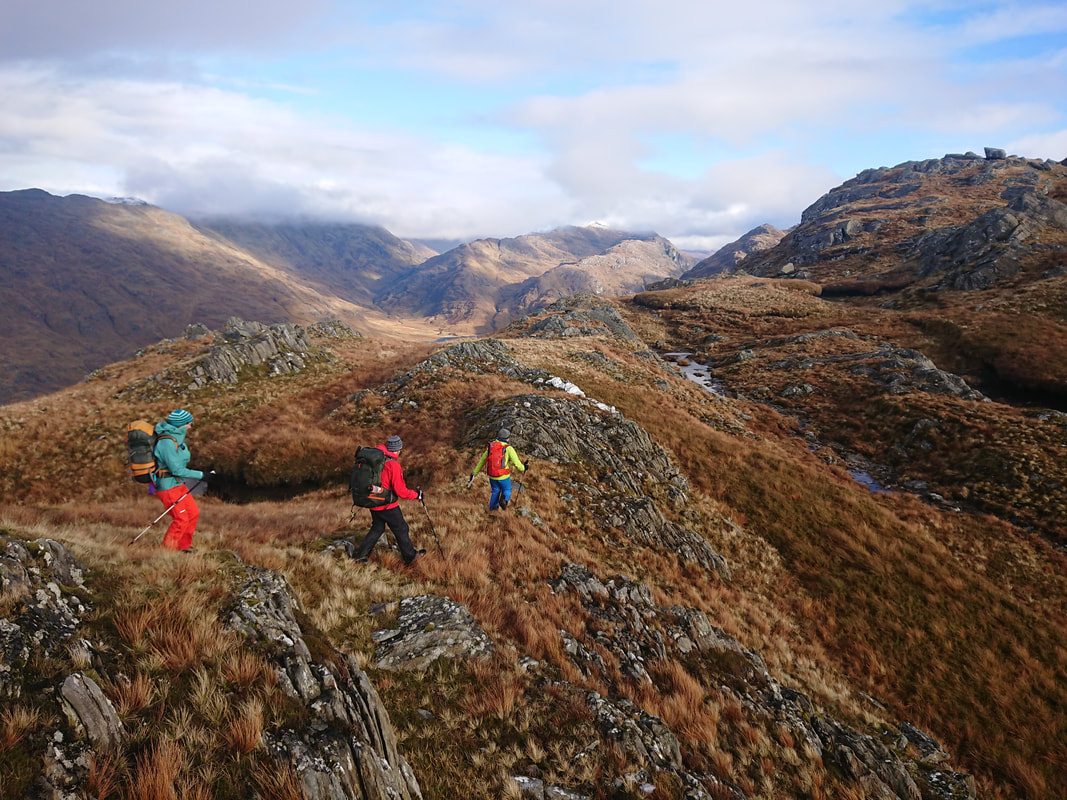
 RSS Feed
RSS Feed
